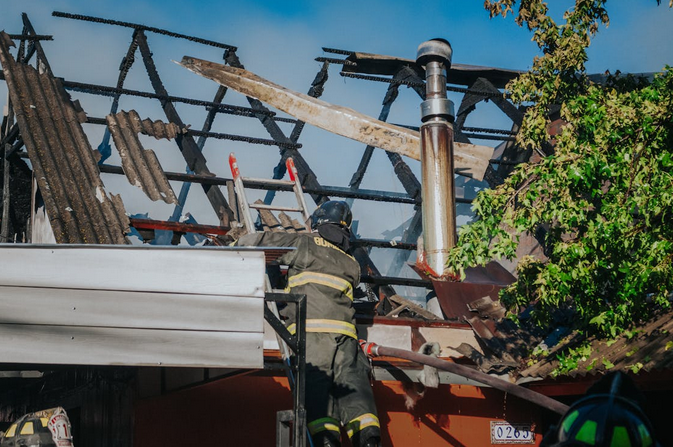Four Ways Fire Damage Affects Real Estate Market Value
Fire damage can be devastating—not just for homeowners but also for the real estate market. When a property experiences a fire, its value takes an immediate hit, leaving both current owners and potential buyers in a difficult position. Understanding how this type of damage impacts real estate is complicated for anyone involved in buying or selling properties. So when I say that I need to sell my fire damaged house, I mostly mean that I still don’t know where to find a buyer.
From steep repair costs to complications with insurance claims, each aspect creates ripples that affect more than just one home. Moreover, neighborhoods where fires have occurred often bear hidden consequences that extend far beyond charred walls and scorched landscapes. Join us as we explore four significant ways fire damage reshapes property values and influences the broader market landscape.
Immediate Decrease in Property Value
When a property suffers fire damage, the impact on its value is nearly instantaneous. Buyers often shy away from homes that show signs of destruction. The mere mention of “fire damage” can trigger alarm bells in potential buyers’ minds. Real estate agents typically advise homeowners facing such issues to expect significant devaluation. This drop occurs even before repairs begin, driven by fear and perception alone. A property once deemed valuable may now sit stagnant on the market as interested parties hesitate. Additionally, comparable sales in the area play a vital role.
Repair Costs and Restoration Challenges
![]()
After a fire, the road to recovery can be daunting. Repair costs often skyrocket as homeowners assess the damage. The immediate need for structural repairs is just the beginning. Restoration challenges can emerge unexpectedly. Hidden damages, like smoke infiltration and water from firefighting efforts, complicate matters further. These issues may not surface until after initial repairs are underway. Finding reliable contractors adds another layer of complexity.
Impact on Insurance Claims and Financing
When fire damage occurs, the insurance claims process can become complex. Homeowners often face challenges in proving the extent of damage. Adjusters must assess both structural and non-structural impacts thoroughly. Delays in claims can exacerbate financial strain for property owners. While waiting for approvals, expenses pile up, adding pressure to an already stressful situation. Furthermore, financing options may shift after a fire incident. Lenders might view properties with significant fire history as higher risk.
![]()
Long-Term Market Trends and Neighborhood Effects
Fire damage can leave lasting scars on a neighborhood’s appeal. Buyers often equate one property’s misfortune with the entire area, leading to broader market hesitations. Over time, homes near fire-damaged properties may struggle to maintain their values. Potential buyers frequently conduct extensive research about past incidents in an area. A single fire can spark concerns about safety and future risks. Urban renewal efforts might emerge as communities aim for revitalization. However, neighborhoods often take years to recover fully from such events.
Fire damage can have a profound impact on real estate market value. Homeowners and investors should be aware of the immediate effects, such as a sharp decrease in property worth right after an incident. Repair costs can add up quickly, leading to challenges that may deter potential buyers. Understanding these dynamics is essential for anyone involved in real estate. Whether you’re buying or selling, knowledge about fire damage impacts will help you navigate the complexities of the market more effectively.

